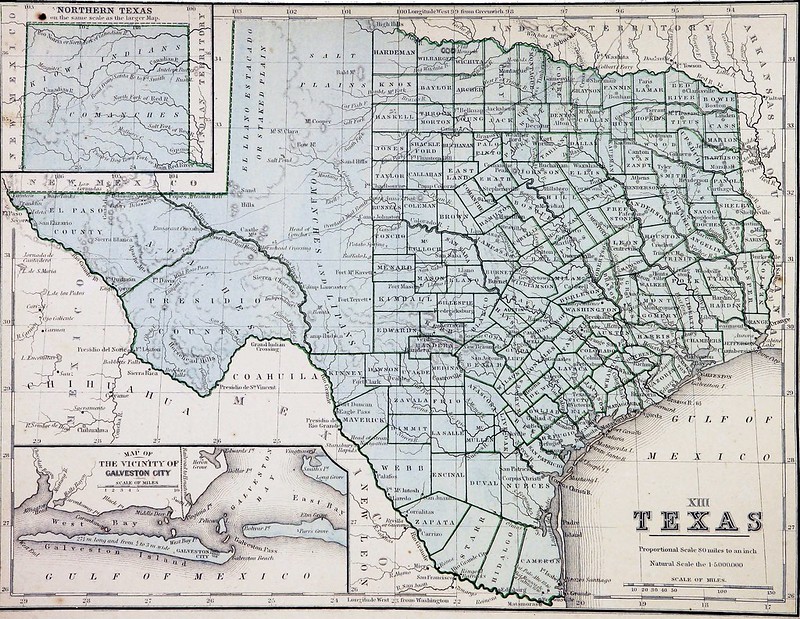All I Want for Christmas (from the Federal Courts)
Rounding out this week’s posts by John Coyle and Bill Dodge, here’s my wish list for the lower federal courts (plus a bonus plea to the Supreme Court). Stop Violating Rule 4(f) and the Hague Service Convention Rule 4(f) of the Federal Rules of Civil Procedure authorizes service of process on defendants “at a place…
Continue ReadingRevising Forum Non Conveniens Through § 1404?
I have written more than anyone probably should about forum non conveniens (FNC), but much of it boils down to some commonsense updating of the Gulf Oil factors: acknowledge the effects of changing technology, particularly on travel; require defendants to be specific about their evidentiary burdens; don’t overweight choice-of-law difficulties or docket congestion; don’t second…
Continue ReadingAnother Thoughtful Decision Limiting Email Service
The interplay between Rule 4(f) and the Hague Service Convention (HSC) is intricate and challenging. In a recent order, U.S. Magistrate Judge Diana Song Quiroga of the Southern District of Texas said a lot of smart things about this interplay that bear repeating by other district courts. Three Cheers The judge denied a request in…
Continue ReadingPersonal Jurisdiction and the Montreal Convention
I recently discussed the Fifth Circuit’s remarkably unremarkable personal jurisdiction analysis in a case involving a Montreal Convention claim. Before reaching the constitutional personal jurisdiction analysis, however, the panel in Hardy v. Scandinavian Airlines System first rejected the plaintiff’s argument that the Montreal Convention itself established personal jurisdiction over the defendant airline, either directly or…
Continue ReadingFrom Standards to Rules in Private International Law?
Linda Silberman, Clarence D. Ashley Professor of Law Emerita at NYU School of Law and TLB Advisor, has recently posted to SSRN a number of her lectures from her summer 2021 Hague Academy General Course in Private International Law, updated to reflect changes through 2024. The series of lectures, entitled The Counter-Revolution in Private International…
Continue ReadingFifth Circuit Doubles Down on International Shoe
A recent Fifth Circuit decision stoutly reaffirmed that court’s en banc position that the personal jurisdiction analysis is the same under the Fifth and the Fourteenth Amendments. Indeed, reading Hardy v. Scandinavian Airlines System, one would have no idea that a vocal minority of federal appellate judges have been calling for a veritable revolution in…
Continue ReadingUsing TLB to Teach Civil Procedure (2024 Update)
If you are teaching civil procedure this fall, TLB can help. This post gathers materials that can complement a standard civil procedure course, whether by providing concise overviews of doctrines, helping to track Supreme Court developments, or suggesting recent cases that can spark discussions of perennial procedural issues. Personal Jurisdiction TLB has a new primer…
Continue ReadingThird Circuit Addresses Email Service under the Hague Service Convention
A new decision by the Third Circuit, SEC v. Lahr, correctly analyzes the tricky question of email service under the Hague Service Convention. The court’s clear explanation will be of great help to district courts across the country, which remain divided on this question. Unfortunately, the Third Circuit chose not to publish its decision, so…
Continue ReadingFuld and Waldman Plaintiffs Seek Supreme Court Review
TLB has followed the Second Circuit’s decisions holding unconstitutional the Promoting Security and Justice for Victims of Terrorism Act of 2019 (PSJVTA) and denying an en banc rehearing in Fuld v. Palestine Liberation Organization and Waldman v. Palestine Liberation Organization over a strong dissent by Judge Steven Menashi. As predicted, the plaintiffs recently filed a…
Continue ReadingDesperately Seeking Interlocutory Appeal
Despite some excellent opinions correctly interpreting the Hague Service Convention (HSC) and Rule 4(f)(3) in recent years, the district courts continue to be deeply divided on recurring questions of international service of process, in particular the permissibility of service by email or by other electronic means. Bill Dodge and I think such questions are clearly…
Continue Reading





